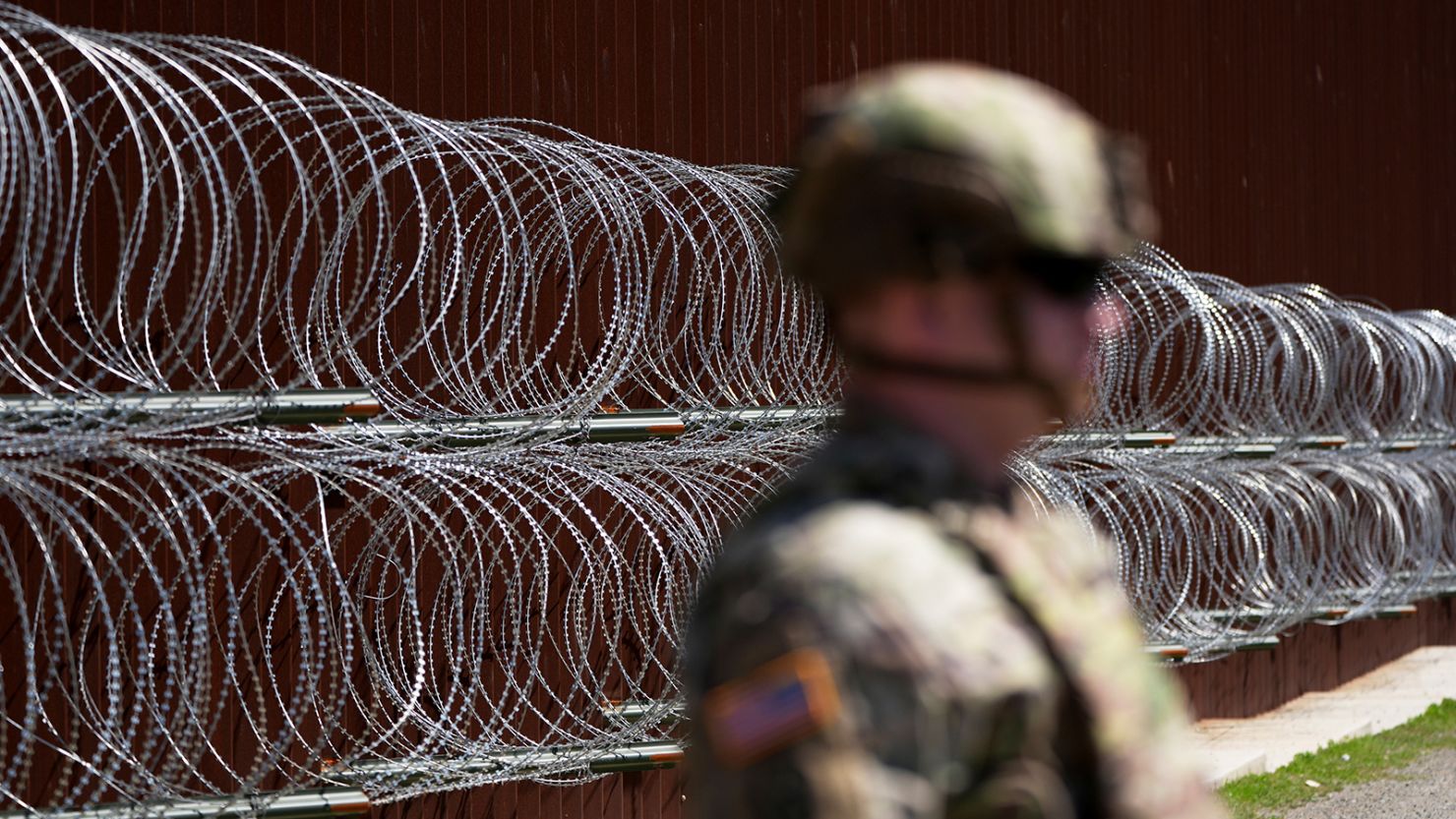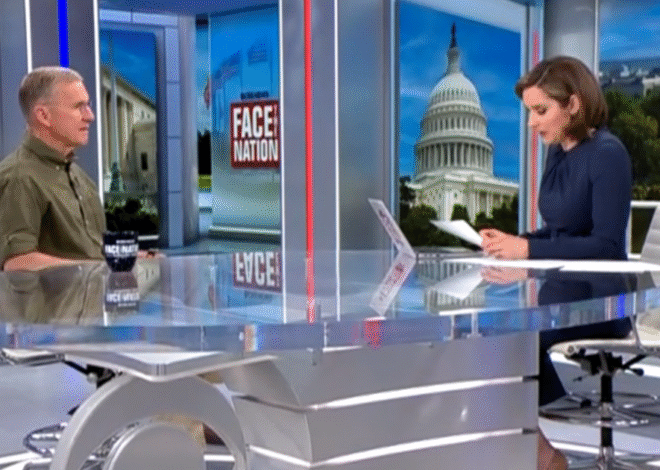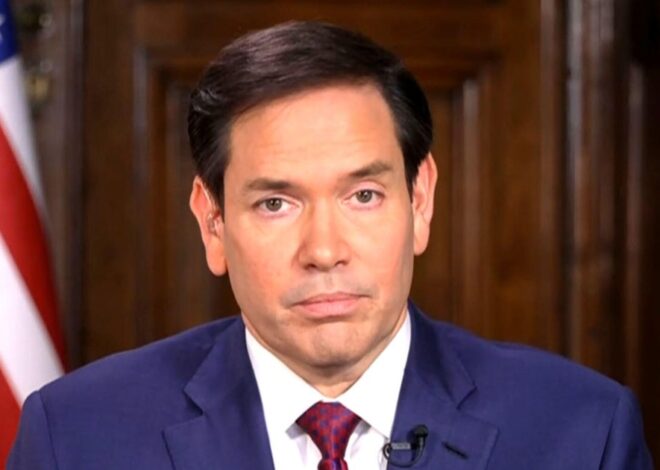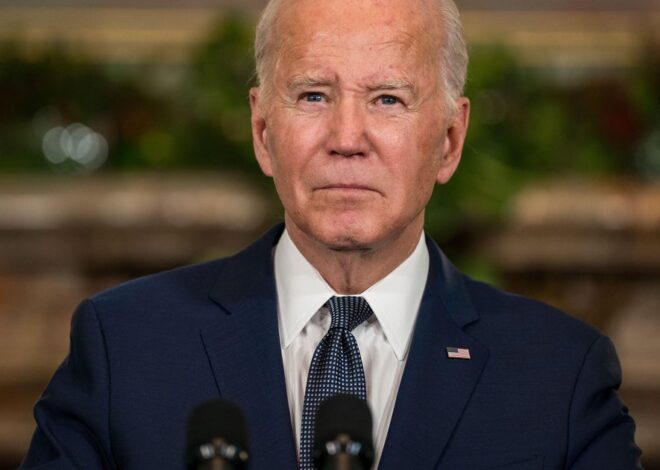
Trump Team Weighs ‘Enemy Combatant’ Label for Suspected Cartel Members Inside US
The Trump administration is reportedly revisiting a controversial idea: labeling some suspected cartel and gang members inside the United States as “enemy combatants” — a legal designation that could allow military-style detention and fewer constitutional protections for the accused.
Sources familiar with the discussions say the focus is on members of foreign terrorist organizations such as MS-13 and Tren de Aragua, both of which the administration recently designated as terrorist groups. The move is being considered as a way to bypass immigration courts and potentially limit detainees’ legal avenues for release.
Officials are also exploring applying the label to suspected narco-terrorists outside the U.S., which could offer legal justification for using lethal force — including drone strikes — similar to operations against foreign terrorist targets.
Old Debate, New Targets
The enemy combatant designation was previously used after 9/11 to detain suspected al Qaeda and Taliban members at Guantanamo Bay without trial. Trump first floated using the label for undocumented migrants during his first term — a proposal widely rejected by legal experts as unconstitutional.
“It wouldn’t just be a slippery slope — it would be a mudslide into illegality and police state behavior,” said a former DHS official who served during Trump’s first term.
This time, officials believe applying the label only to members of designated terrorist organizations might offer firmer legal footing. But national security law experts argue otherwise.
Experts Warn: No Legal Grounds
Legal scholars say the “enemy combatant” designation has never applied to domestic law enforcement situations or to gang activity on U.S. soil. It requires an armed conflict, they note — something absent in the context of crime within the U.S.
“This is not a war,” said Lt. Col. Rachel VanLandingham (Ret.), a national security law professor. “There is zero legal basis for the president to declare gang members inside the U.S. as enemy combatants.”
Even if such designations were made, courts would still allow detainees to challenge their imprisonment, though it might complicate the process if they’re held in military facilities.
Military Expansion Concerns
According to insiders, some Pentagon and career DOJ lawyers have expressed concern about the idea, especially if it results in U.S. troops detaining civilians — a role explicitly prohibited by law.
The debate also connects to broader concerns about the Trump administration’s willingness to use military assets in civilian contexts. A recent executive order reportedly instructs the Justice Department and DoD to explore ways to expand military involvement in public safety, including at the southern border.
Trump’s Border Agenda and Megaprison Strategy
The idea could also tie into recent deportations of suspected gang members to El Salvador’s mega-prison CECOT. Legal observers are unsure whether detainees labeled enemy combatants and sent abroad could still assert rights under U.S. law, particularly outside Guantanamo’s legal precedent.
Trump has repeatedly described the fight against cartels as a war. “The cartels are waging war on America, and it’s time for America to wage war on the cartels,” he said in a recent address to Congress. He has also accused Venezuelan-backed gangs like Tren de Aragua of conducting “irregular warfare” against the U.S.
In March, Trump invoked the Alien Enemies Act to deport Venezuelan migrants — a move struck down by a federal judge just last week. Still, over 130 people had already been removed under that authority before it was blocked.
CIA Drone Surveillance and Lethal Force Overseas
The CIA is also reportedly evaluating whether it can use lethal force against Mexican cartel targets. The agency has been flying armed-capable surveillance drones over Mexico and is cautiously weighing whether the “enemy combatant” label could clear legal hurdles for offensive operations abroad.
“They’re looking for one weird legal trick to make deportations unreviewable,” said a former defense official. “It’s a legal whack-a-mole game — and the courts are trying to keep up.”
The Pentagon, DHS, and National Security Council have not issued public statements regarding the ongoing deliberations.



